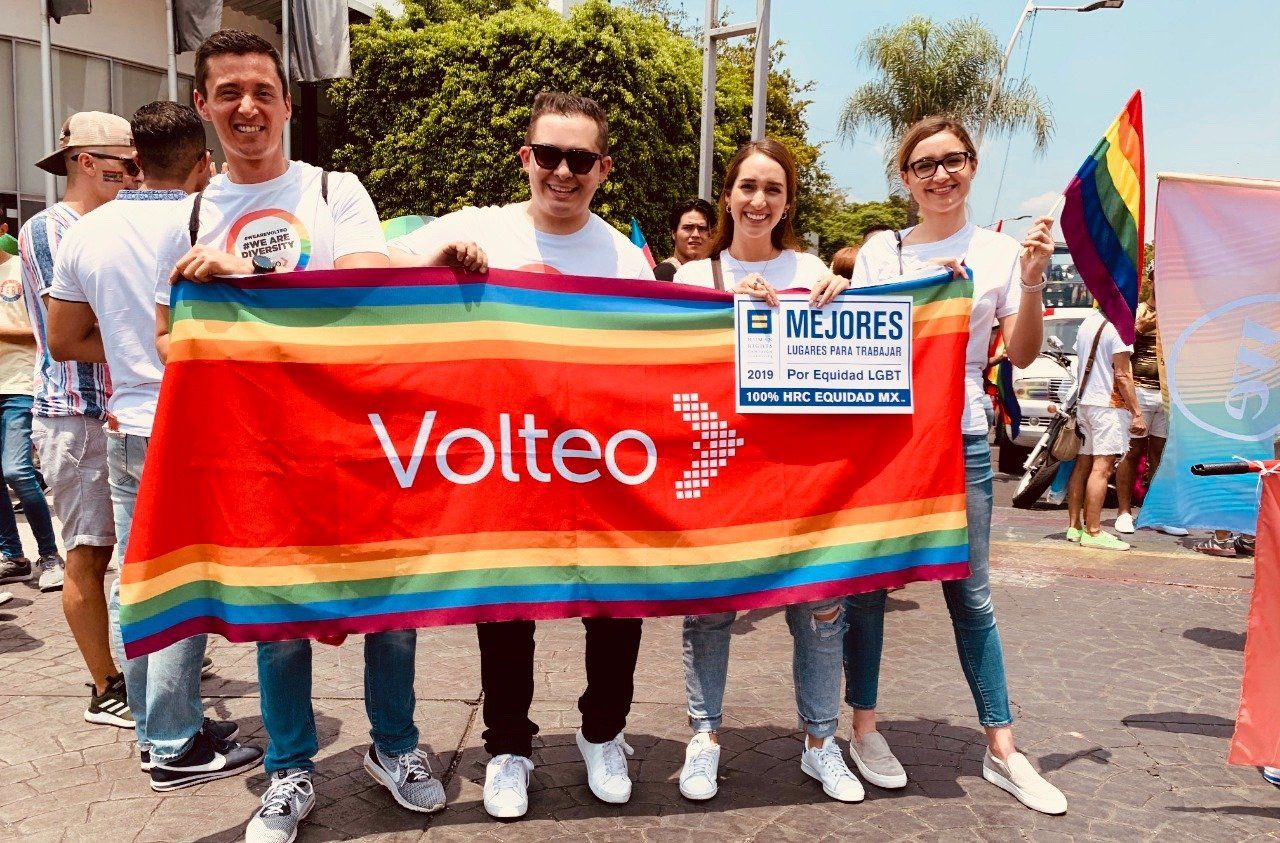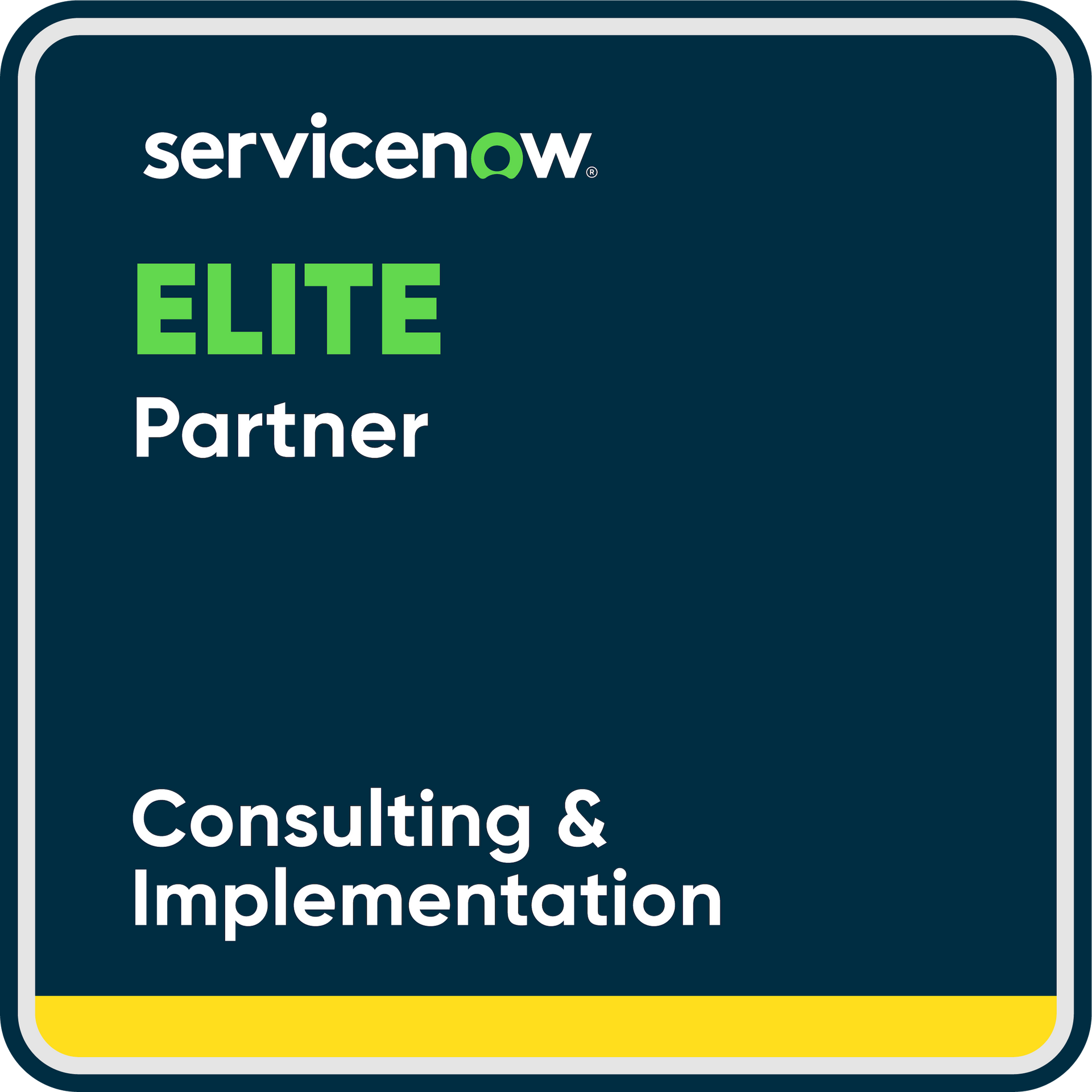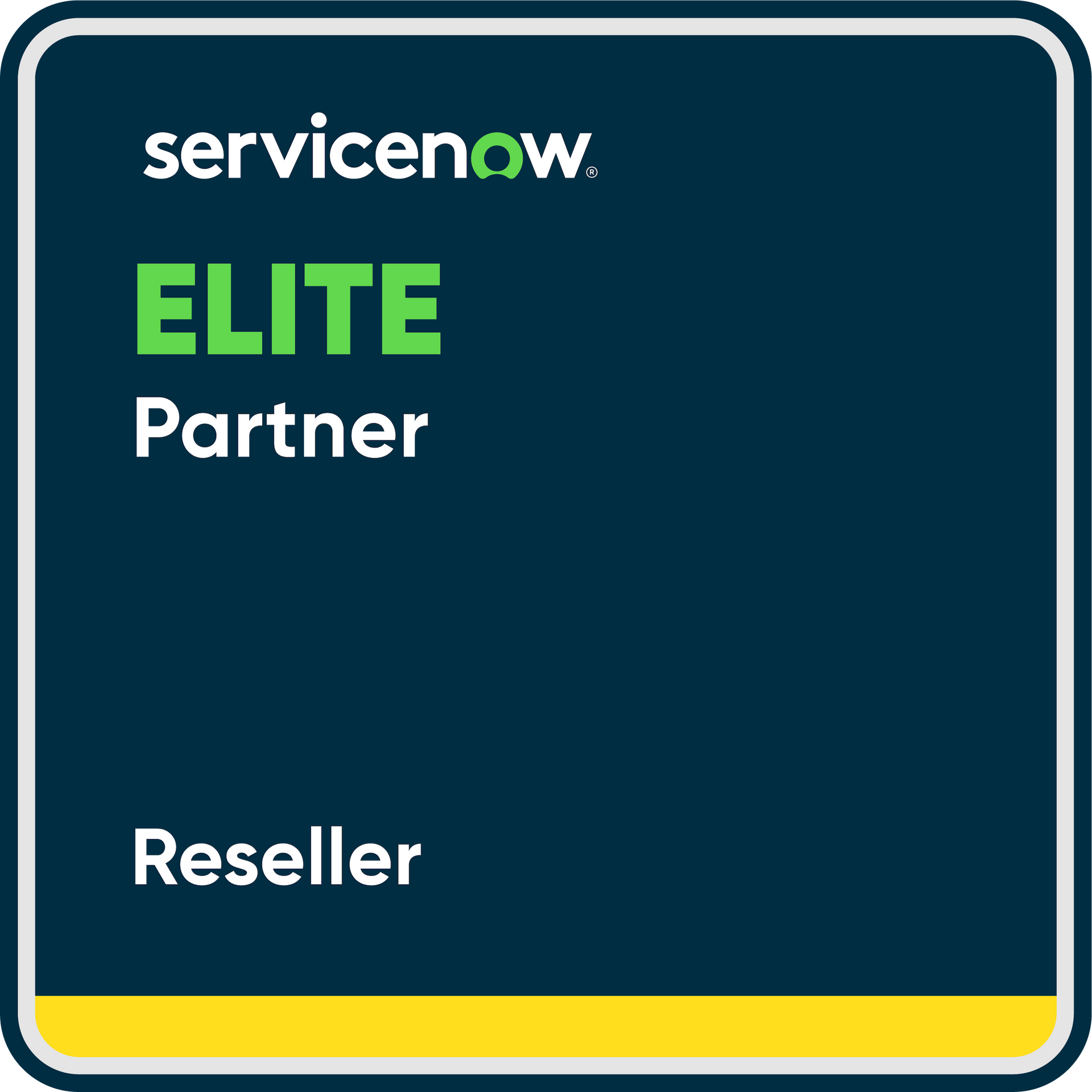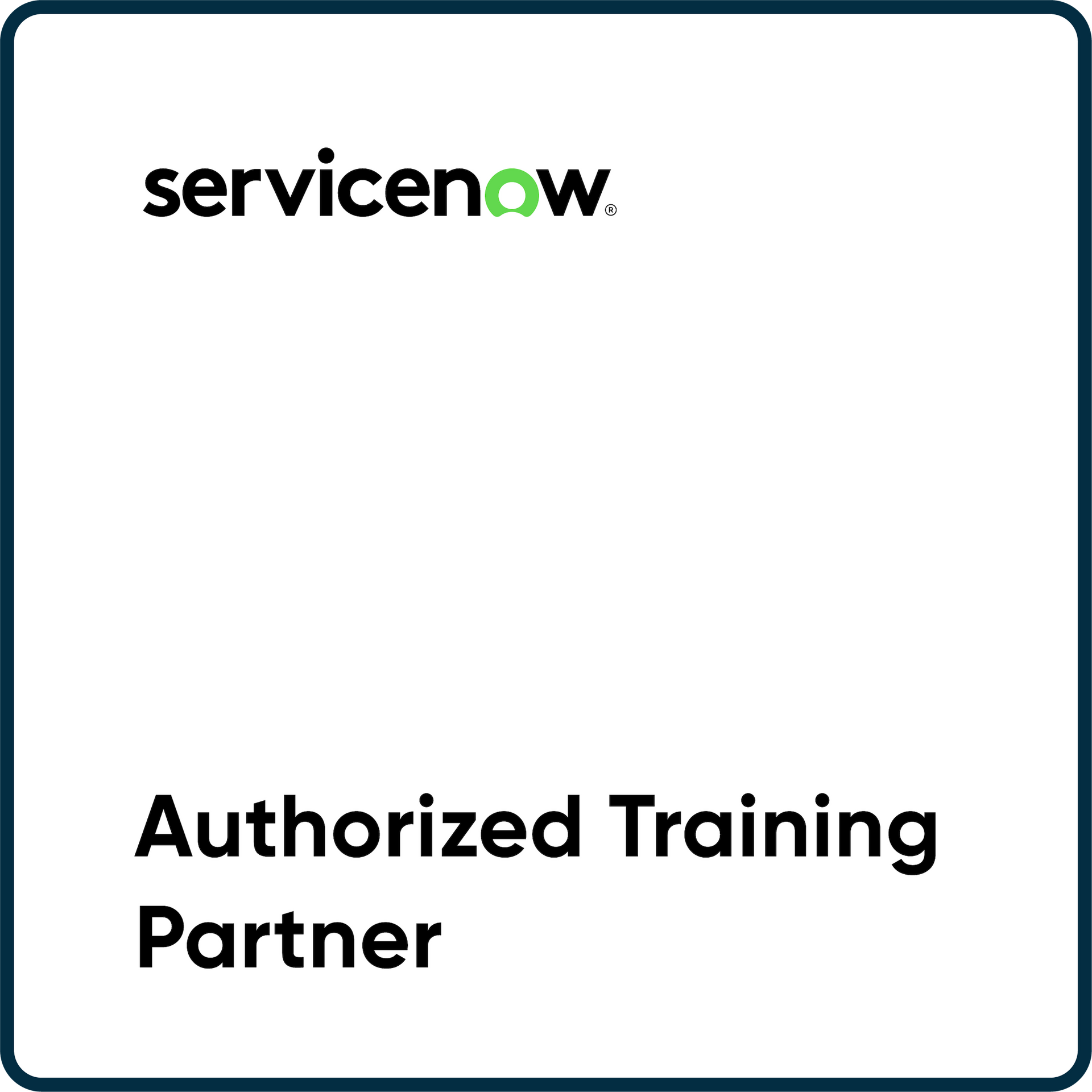Enterprise transformation is also about diversity and inclusion
Enterprise transformation goes beyond implementing technology in the operations of a company. It is an approach that attempts to align an organization's activities relating to people, process, and technology more closely with its business strategy and vision. This fundamental change aims to meet long-term objectives.
Implementing digital technology is critical to growing, stabilizing, and ultimately, preparing organizations for the future. The biggest component of any company’s digital strategy should be equipping its people to use today’s technology and readying them for how their roles may evolve in the future. Meanwhile, businesses must also work to make their workplaces more diverse and inclusive: Apart from the moral case for promoting diversity and inclusion at work, research also shows that organizations benefit when people are encouraged to be themselves, including:
- Enhancing job performance by 56%;
- Increasing revenue by 3-9%;
- Reducing turnover rates by 42%; and
- Mitigating costs associated with discrimination by $64 billion.
The value of Diversity and inclusion in the workplace
Companies that create diverse and inclusive work environments are more adaptable, creative, and become magnets that attract top talent. Businesses have an important role to play in respecting and protecting human rights through the workplace inclusion of LGBTQ people, according to the World Economic Forum’s Partnership for LGBTQ Equality.
LGBTQ inclusion in the workplace is fast becoming a priority for organizations of all sizes. This includes SMEs as well as big businesses, as LGBTQ inclusivity offers a distinct competitive advantage for all organizations.
The benefits to an LGBT inclusive workplace extend beyond that of making sure employees of all sexualities and gender expressions feel safe and valid, though of course this is the primary reason. LGBT inclusive workplaces benefit businesses too.
According to a recent study, done by Weber Shandwick, in partnership with United Minds and KRC Research, when the best practices of diversity and inclusion align with a company's overall business strategy – as well as with the roles and responsibilities of chief diversity officers and the challenges facing them today – that company as a whole becomes more successful.
So, having robust inclusion strategies in the workplace for LGBT staff makes sense from a business perspective as well as a moral standpoint. This is because all employees will feel less stressed and more productive as respected members of a cohesive team.
- Instead of investing solely in what customers see, human-centered organizations empower employees, shareholders, and suppliers with experiences that help them drive user and customer outcomes.
- Instead of building homogeneous teams, human-centered organizations build diverse and inclusive teams.
- Instead of forcing teams to gain approval for every minor decision, human-centered organizations empower their employees to learn through action.
- Diversity and inclusion matter
When effective diversity and inclusion strategies are implemented within the company, multiple benefits are realized, such as: being more productive and innovative, attracting and retaining the best talent, understanding potential customers, and helping decode new markets, among others.
But our main focus should be on building a corporate culture of respect for LGBT employees and other minorities, where a workplace is a safe place that allows them to develop professionally and personally. - Educate employees on diversity and inclusion
We must ensure that employees not only know but also support inclusion and diversity initiatives within the company and thus have allies at all levels of the organization that drive them. - Actively working for diversity and inclusion
Diversity and inclusion is not just about good intentions, in companies, we must actively seek to drive such initiations by updating internal policies with an inclusive language, equip management with updated knowledge about workplace diversity initiatives, implement inclusive hiring policies, etc.
Aldo González
Director, Marketing Communications / Leader of Diversity and Inclusion Council
Aldo is a corporate advocate of equality and inclusion in the workplace and sees such factors as critical in a company’s market competitive advantage and strategic positioning in the global technology landscape.
Insights from Volteo Digital










